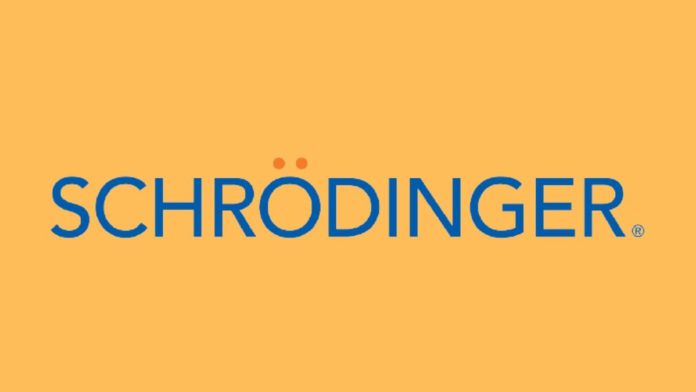Chemical simulation software developing firm Schrodinger has built a unique artificial intelligence-powered platform that enables pharmaceutical companies to create medicines. The company’s AI platform integrates predictive physics-based tools with machine learning solutions to boost the process of drug discovery.
Schrodinger’s software allows faster lead discovery as it has the ability to quickly identify potent molecules for initiating the lead optimization process using scaffold hopping. This physics-based practice is used to replace the central core of molecules for identifying novel and highly potent molecules.
The one-of-a-kind platform is also capable of accurately predicting drug properties, including selectivity, potency, and bioavailability using artificial intelligence and machine learning technologies.
Read More: AMD Aims to Increase AI-HPC Server Energy Efficiency by 30x by 2025
Olivia Zitkus, an analyst at Motley Fool, said, “Their (Schordinger’s) main idea is basically, if you can compute all relevant molecular properties with high accuracy, with the computer designing drugs and materials so not even just inside the pharma space but materials, too, would have a higher success rate, be faster and they’d be cheaper.”
She further added that the company’s platform is entirely artificial intelligence and physics-based that effortlessly runs computer simulations working on molecular designs. Schrodinger uses its internal and cloud computing resources to scale up its calculations of fundamental drug properties that accelerate the process of high-quality drug candidate identification with high accuracy.
New York-based biotechnology and pharmaceutical software developing firm Schrodinger was founded by Richard Friesner and William Goddard in the year 1990. The company is an industry leader in providing software solutions that help in boosting research speed across various industries, including biopharmaceutical, academic institutions, government laboratories, and many more on a global scale.
The company has raised a total funding of over $562 million from investors like Pavilion Capital, Bill and Melinda Gates Foundation, WuXi App Tech, Sixty Degree Capital, and Formic Ventures over eight funding rounds.


